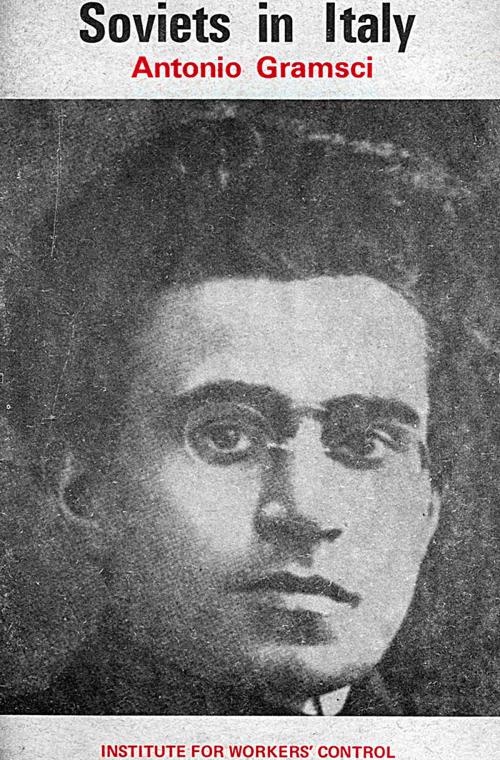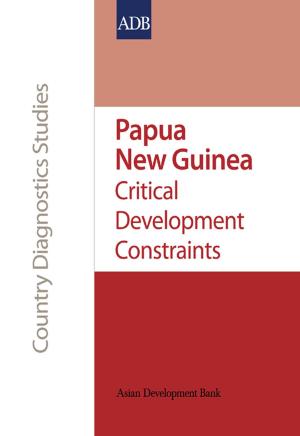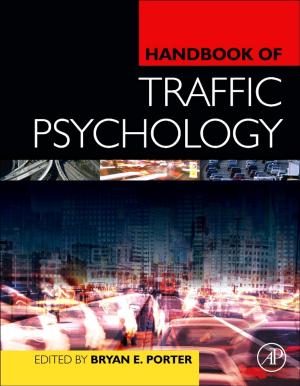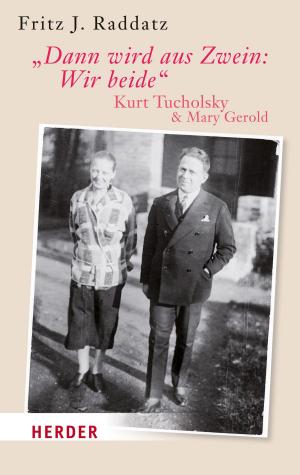Soviets in Italy
Nonfiction, Social & Cultural Studies, Political Science, Government, Communism & Socialism, Politics, Practical Politics, Public Policy| Author: | Antonio Gramsci | ISBN: | 1230001397116 |
| Publisher: | Nottingham : Institute for Workers' Control, 1920 | Publication: | October 23, 2016 |
| Imprint: | Language: | English |
| Author: | Antonio Gramsci |
| ISBN: | 1230001397116 |
| Publisher: | Nottingham : Institute for Workers' Control, 1920 |
| Publication: | October 23, 2016 |
| Imprint: | |
| Language: | English |
Among tactical debates within the party, Gramsci's group was mainly distinguished by its advocacy of workers' councils, which had come into existence in Turin spontaneously during the large strikes of 1919 and 1920. For Antonio Gramsci (Rus. Антонио Грамши; Chin. 安东尼奥·葛兰西; 안토니오 그람시), these councils were the proper means of enabling workers to take control of the task of organising production. Although he believed his position at this time to be in keeping with Lenin's policy of "All power to the Soviets", his stance that these Italian councils were communist, rather than just one organ of political struggle against the bourgeoisie, was attacked by Bordiga for betraying a syndicalist tendency influenced by the thought of Georges Sorel and Daniel DeLeon. By the time of the defeat of the Turin workers in spring 1920, Gramsci was almost alone in his defence of the councils.
About the Author
Antonio Gramsci was an Italian neo-Marxist theorist and politician. He wrote on political theory, sociology and linguistics. He was a founding member and one-time leader of the Communist Party of Italy and was imprisoned by Benito Mussolini's Fascist regime.
He wrote more than 30 notebooks and 3,000 pages of history and analysis during his imprisonment. His Prison Notebooks are considered a highly original contribution to 20th century political theory. Gramsci drew insights from varying sources - not only other Marxists but also thinkers such as Niccolò Machiavelli, Vilfredo Pareto, Georges Sorel and Benedetto Croce. The notebooks cover a wide range of topics, including Italian history and nationalism, the French Revolution, Fascism, Fordism, civil society, folklore, religion and high and popular culture,
Gramsci is best known for his theory of cultural hegemony, which describes how states use cultural institutions to maintain power in capitalist societies.
Among tactical debates within the party, Gramsci's group was mainly distinguished by its advocacy of workers' councils, which had come into existence in Turin spontaneously during the large strikes of 1919 and 1920. For Antonio Gramsci (Rus. Антонио Грамши; Chin. 安东尼奥·葛兰西; 안토니오 그람시), these councils were the proper means of enabling workers to take control of the task of organising production. Although he believed his position at this time to be in keeping with Lenin's policy of "All power to the Soviets", his stance that these Italian councils were communist, rather than just one organ of political struggle against the bourgeoisie, was attacked by Bordiga for betraying a syndicalist tendency influenced by the thought of Georges Sorel and Daniel DeLeon. By the time of the defeat of the Turin workers in spring 1920, Gramsci was almost alone in his defence of the councils.
About the Author
Antonio Gramsci was an Italian neo-Marxist theorist and politician. He wrote on political theory, sociology and linguistics. He was a founding member and one-time leader of the Communist Party of Italy and was imprisoned by Benito Mussolini's Fascist regime.
He wrote more than 30 notebooks and 3,000 pages of history and analysis during his imprisonment. His Prison Notebooks are considered a highly original contribution to 20th century political theory. Gramsci drew insights from varying sources - not only other Marxists but also thinkers such as Niccolò Machiavelli, Vilfredo Pareto, Georges Sorel and Benedetto Croce. The notebooks cover a wide range of topics, including Italian history and nationalism, the French Revolution, Fascism, Fordism, civil society, folklore, religion and high and popular culture,
Gramsci is best known for his theory of cultural hegemony, which describes how states use cultural institutions to maintain power in capitalist societies.















